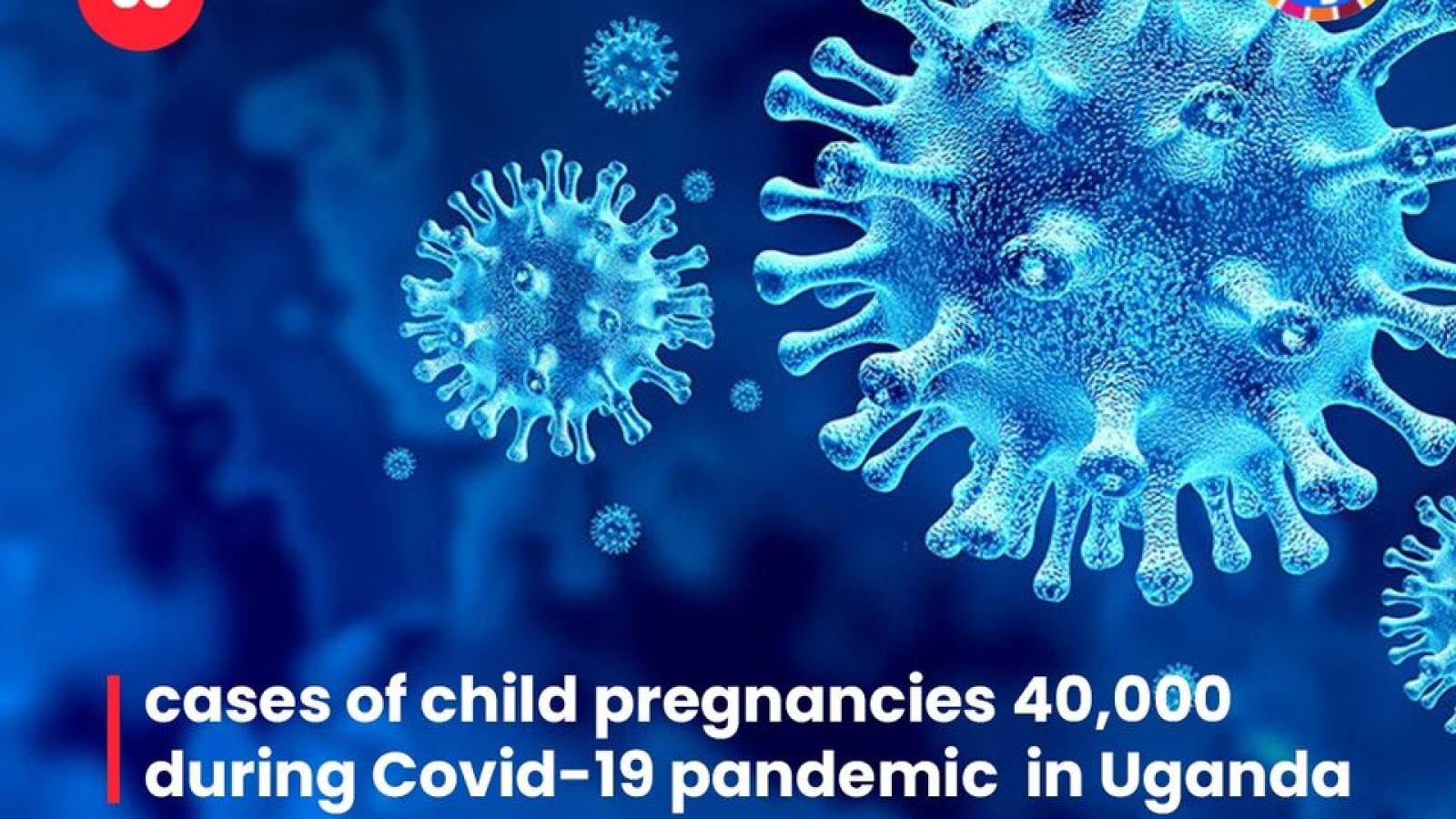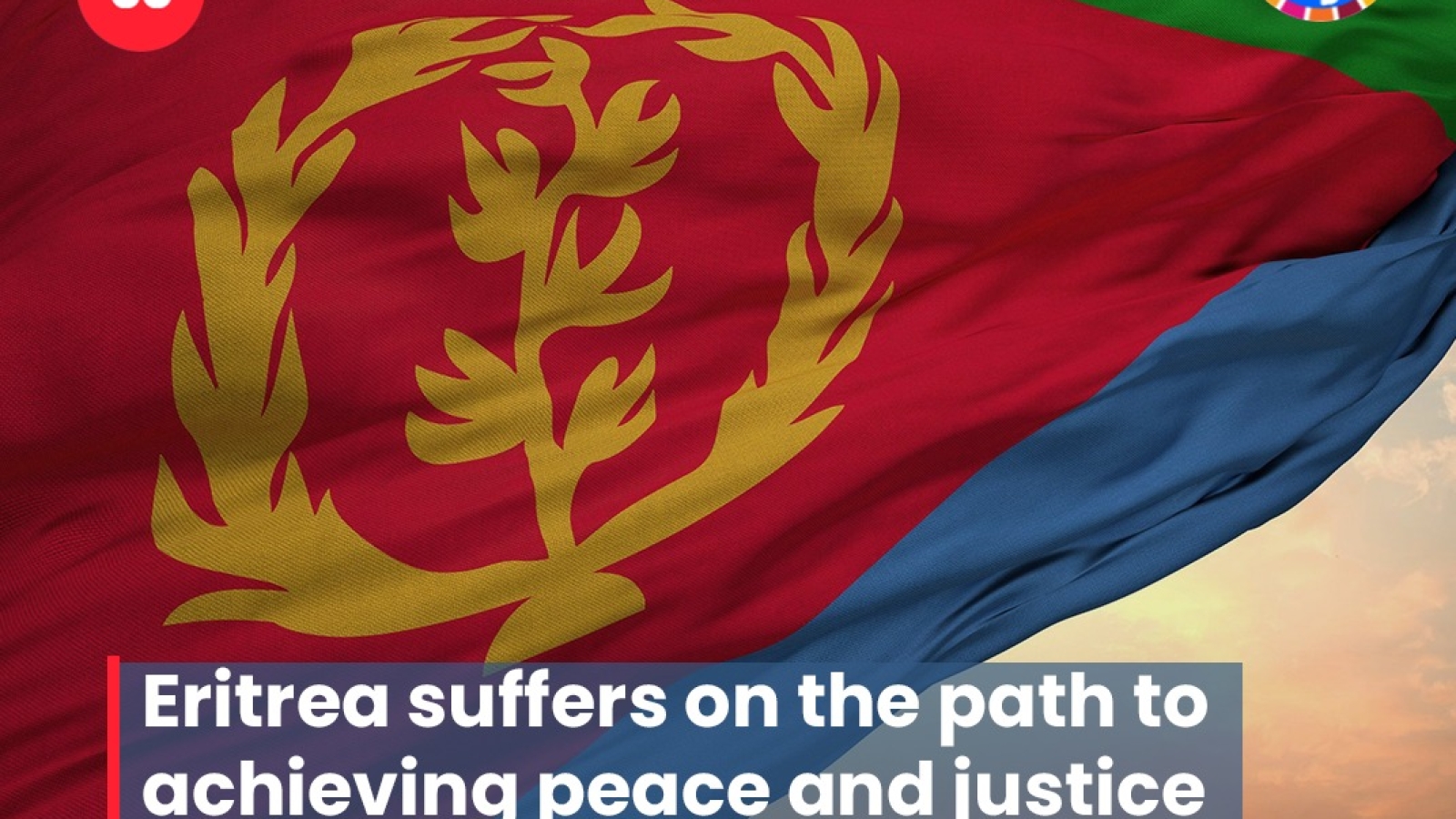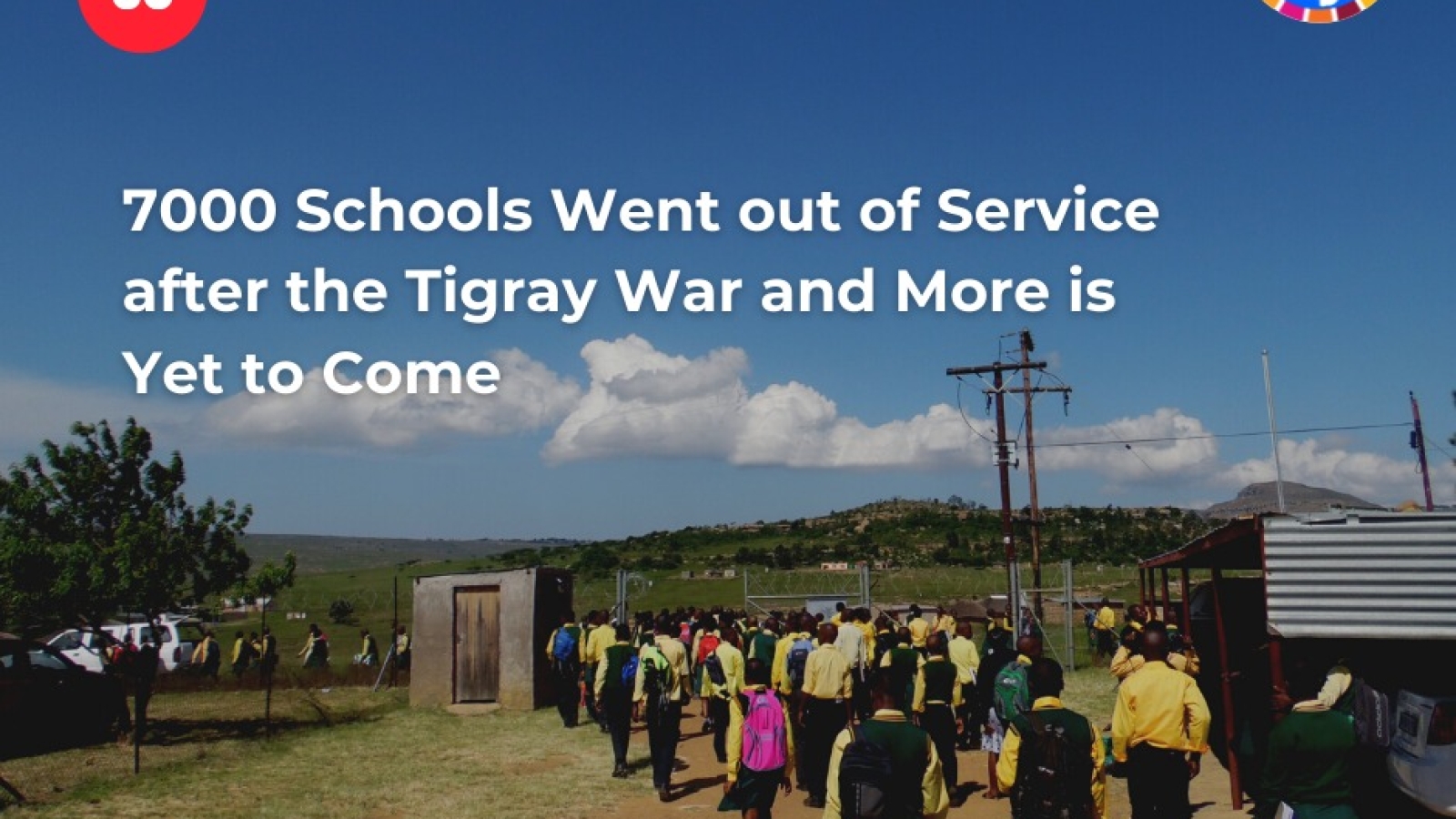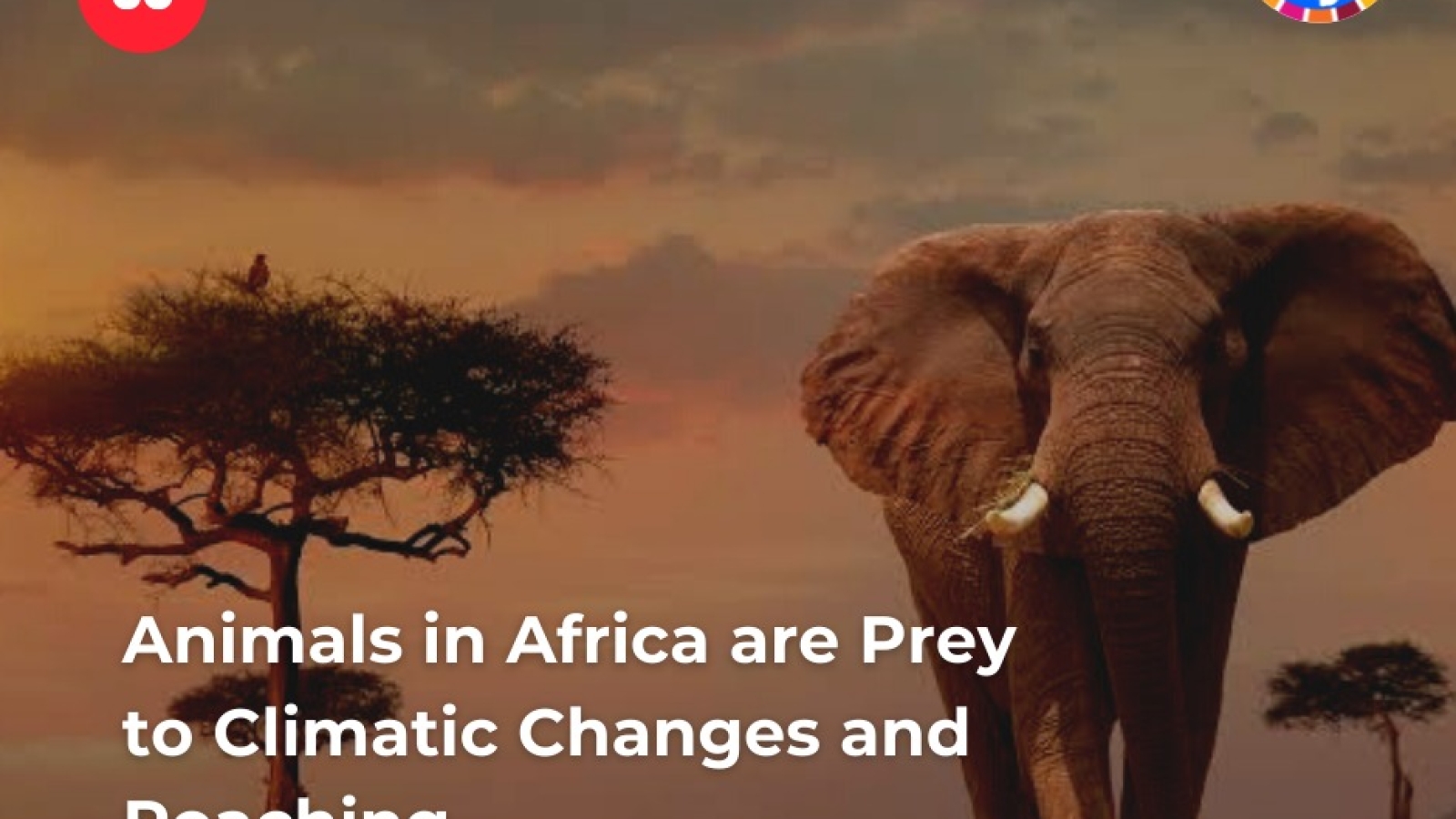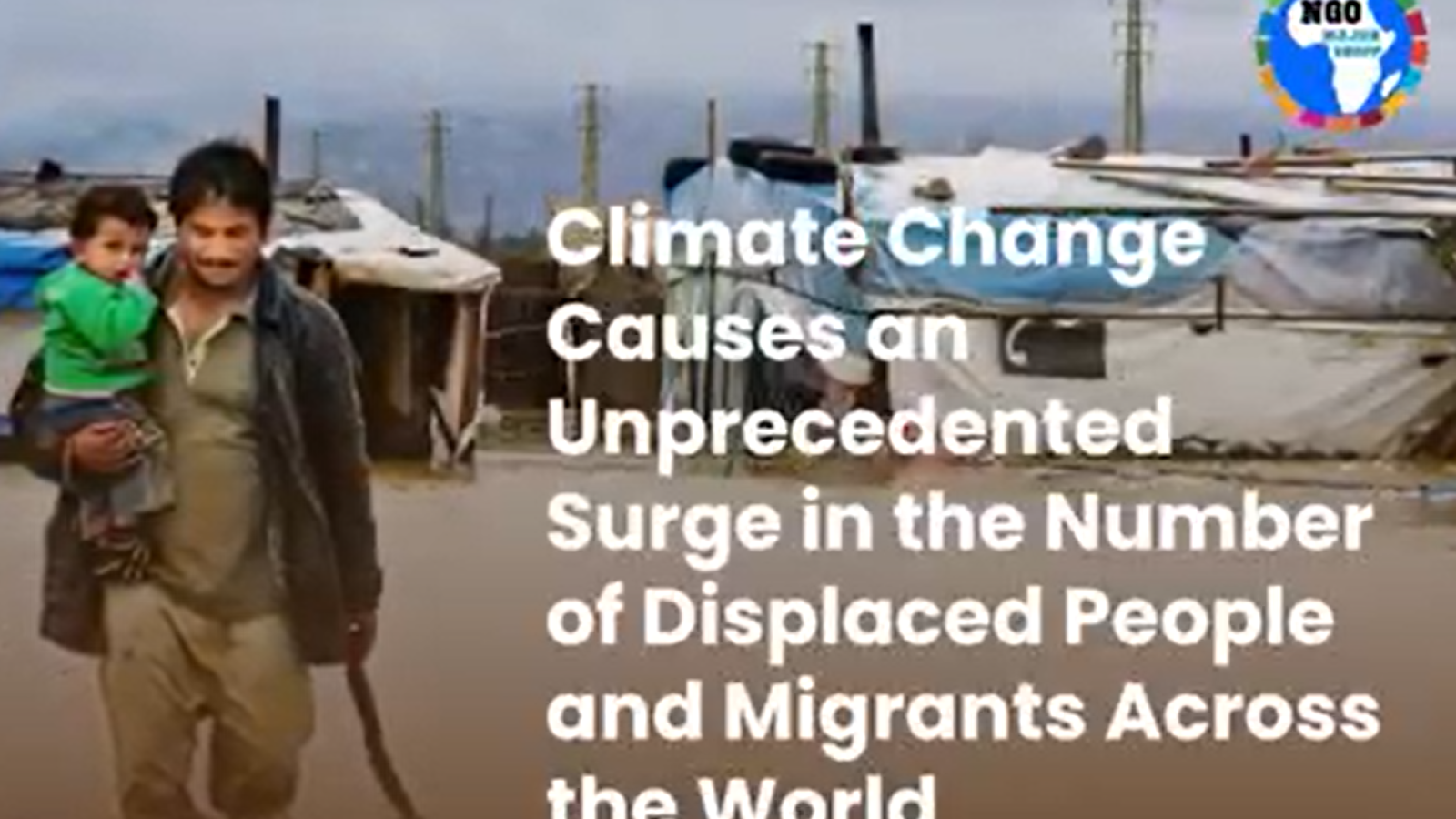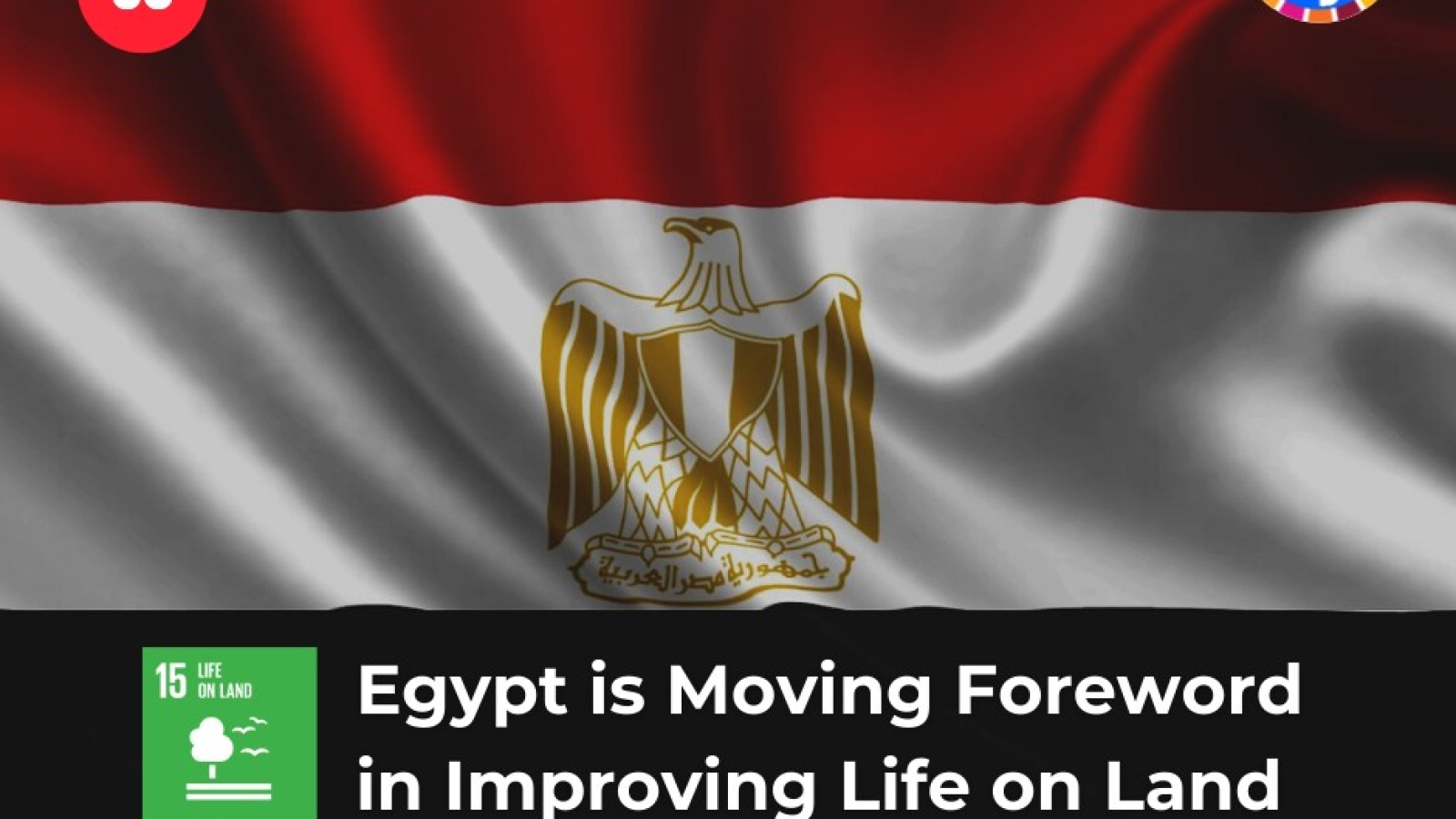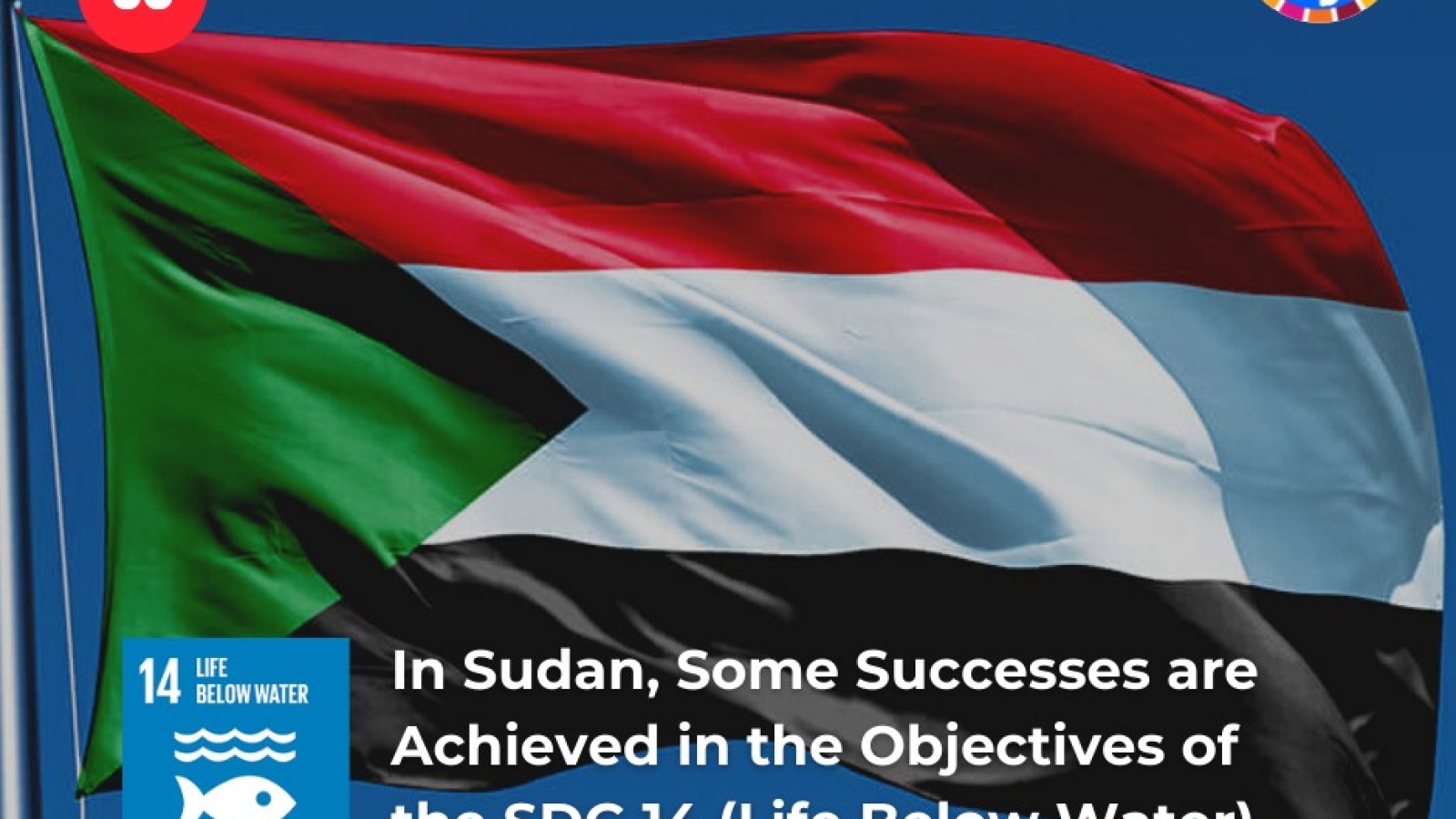Food insecurity has reached 1.3 million in Somalia
The number of people suffering from severe food insecurity has reached 1.3 million in Somalia, and the state of food insecurity is due to the spread of desert locusts, which is leading to crop erosion, as well as the threat of rangelands, floods and reduced rainfall.
#Covid19 has had a significant impact on food security in #Somalia through high prices of the country’s main food commodities due to the demand for storage due to virus panic. 2.7 million people cannot meet their daily food needs are in Somalia and they need urgent #humanitarian assistance, with more than half a million people on the brink of famine.
In the light of these obstacles, NGO Major for Africa express its worries about these low rates of food insecurity in Somalia, and recommend that the government has to have an urgent plan to end hunger in the country and achieve SDG 2.
#Towards_Collective_Partnership_For_Sustainable_Africa
#Cooperation_For_Sustainable_Africa
#Sustainable_Future_For_Africa

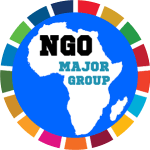
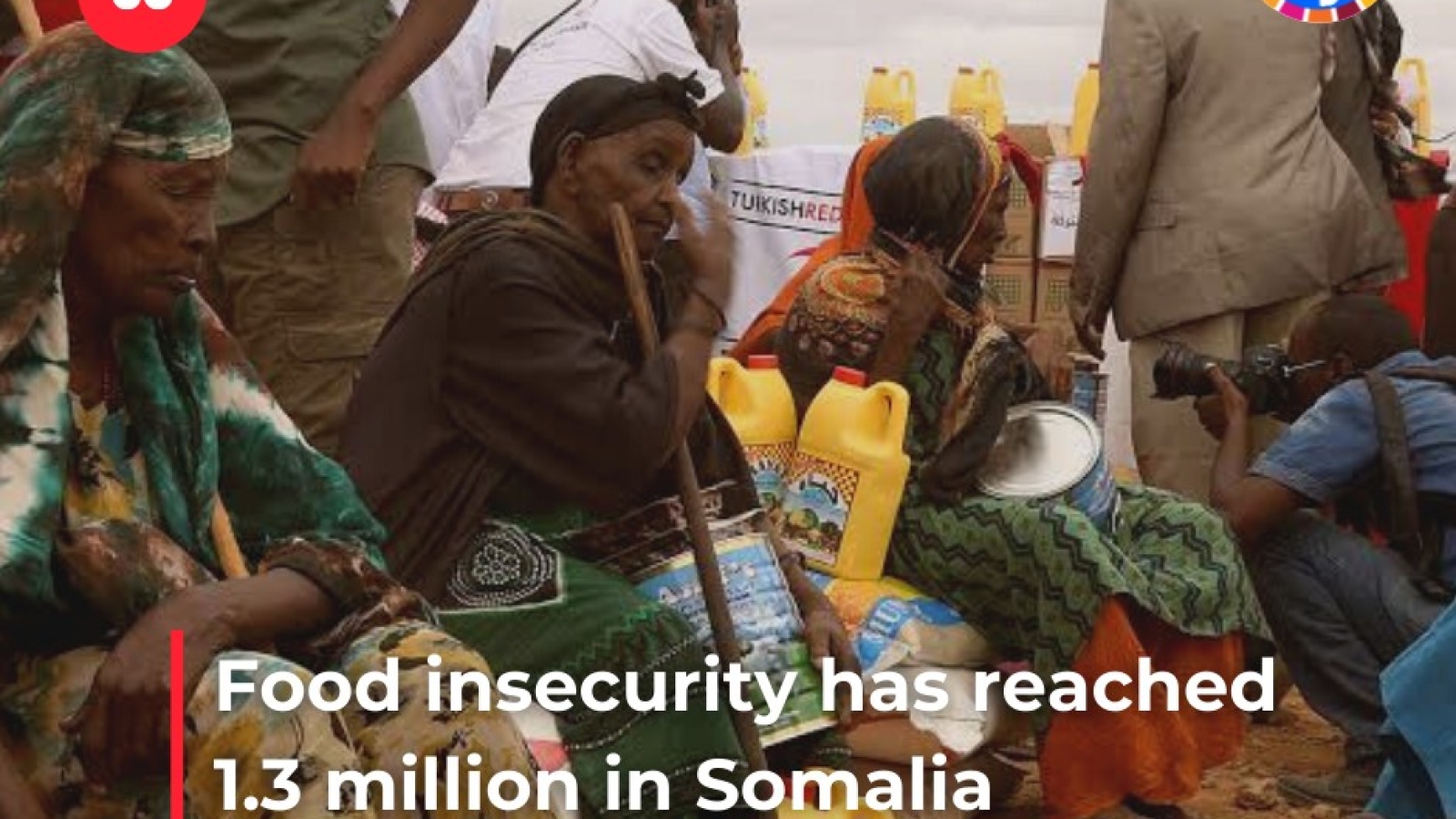
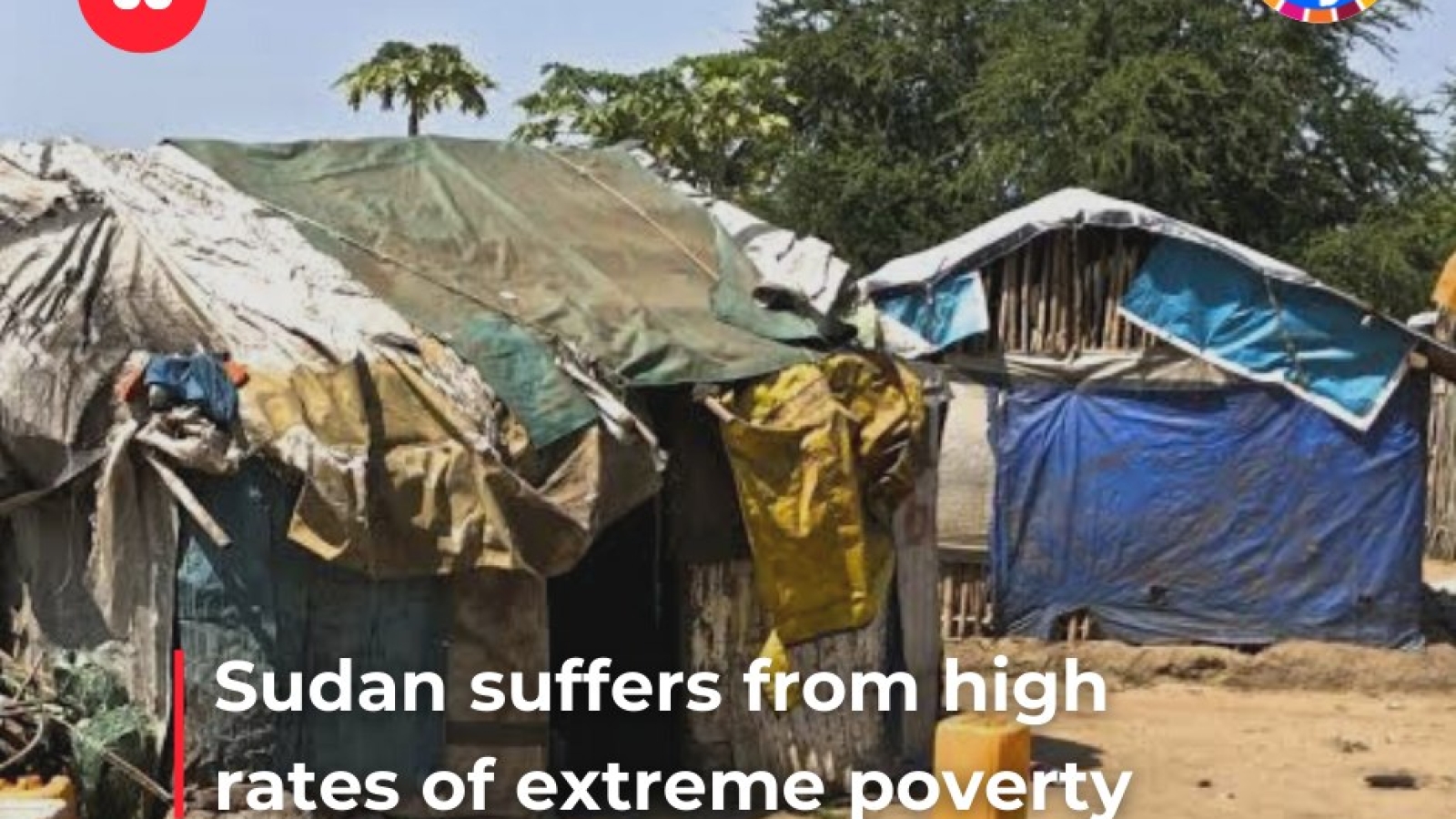
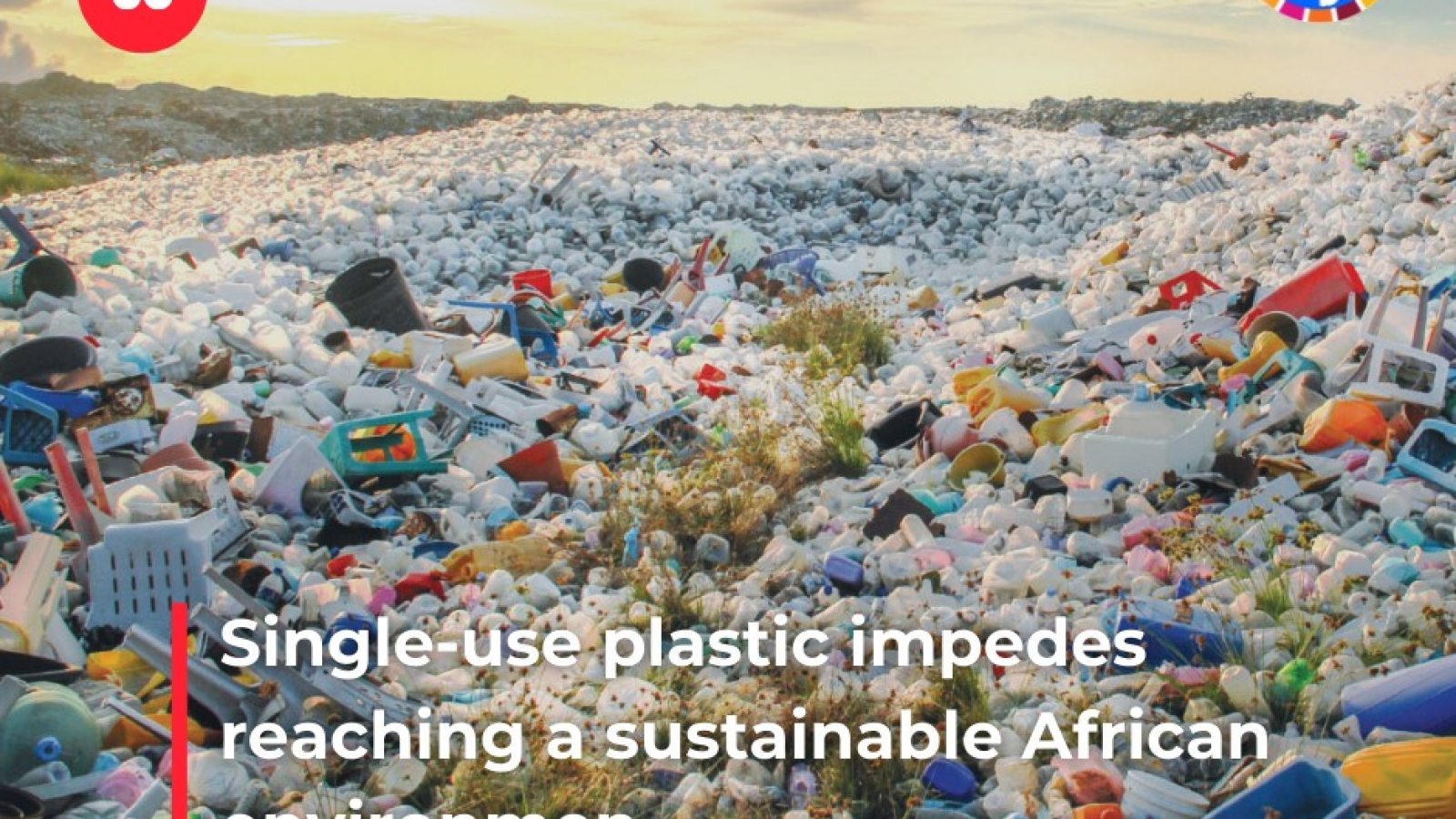
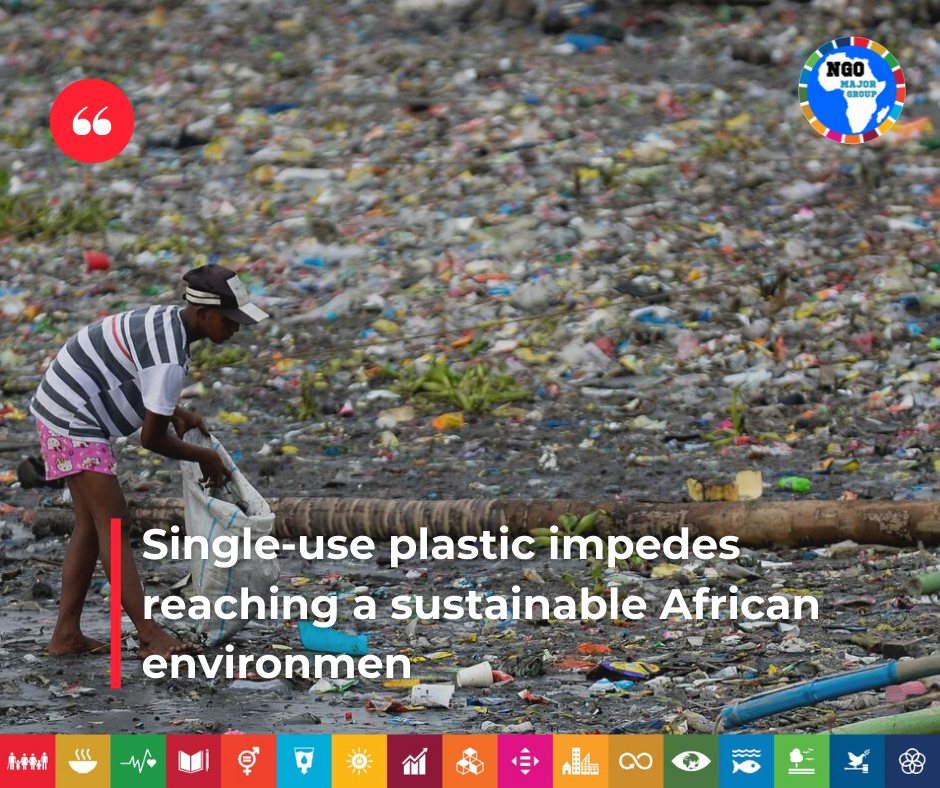
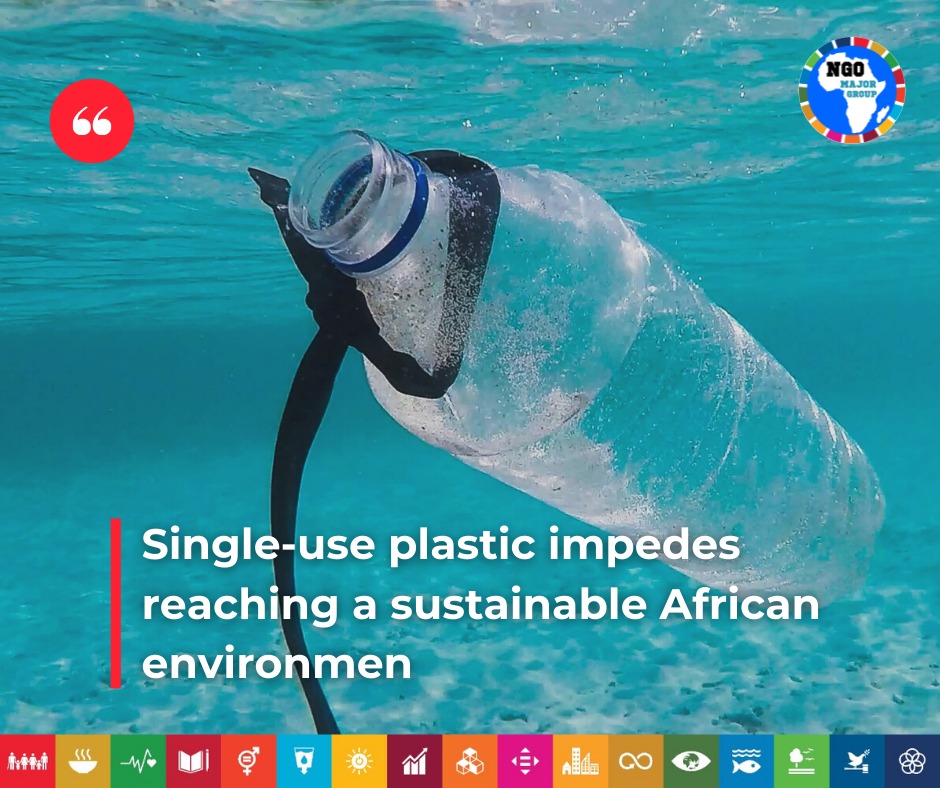 aim to reduce these harmful practices to the environment, and that is in line with the Sustainable Development Goals.
aim to reduce these harmful practices to the environment, and that is in line with the Sustainable Development Goals.